18 Perfectly Timed Photos Of Cats
Sometimes when the stars align, someone takes a photo of a cat at exactly the right moment. Let's all pause to thank the universe for these beautiful gifts.
1. Mooooeow
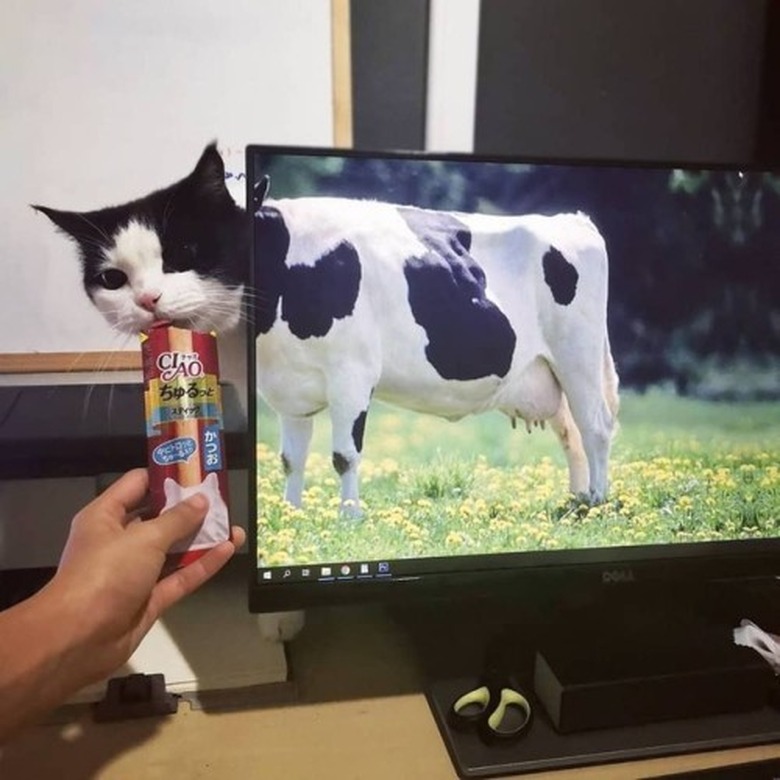 Tumblr
Tumblr
2. This is the last thing you see before you die.
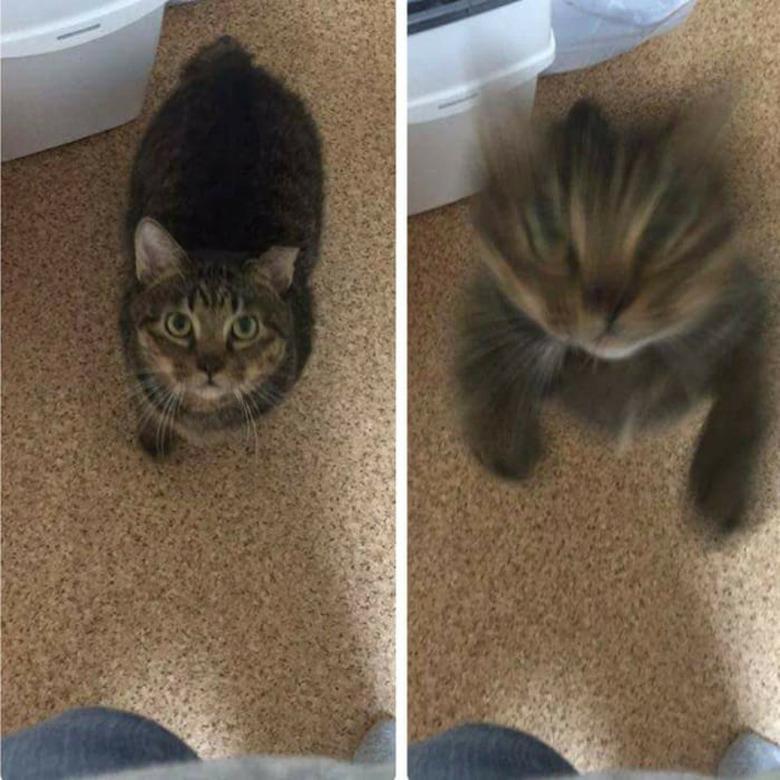 Twitter
Twitter
2. This is the last thing you see before you die.
3. Caught in the act!
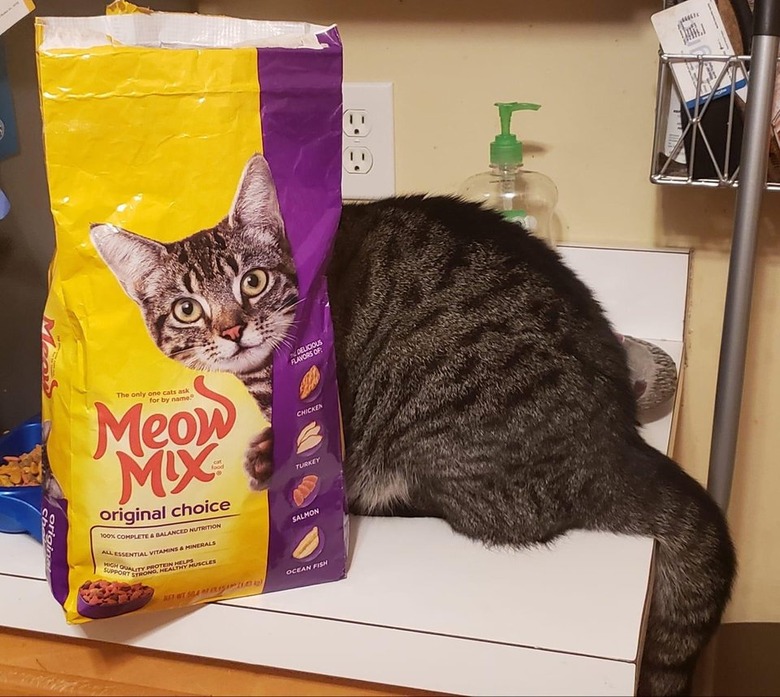 Reddit
Reddit
4. "I mustache you a question."
 Imgur
Imgur
4. "I mustache you a question."
5. Um, rude?
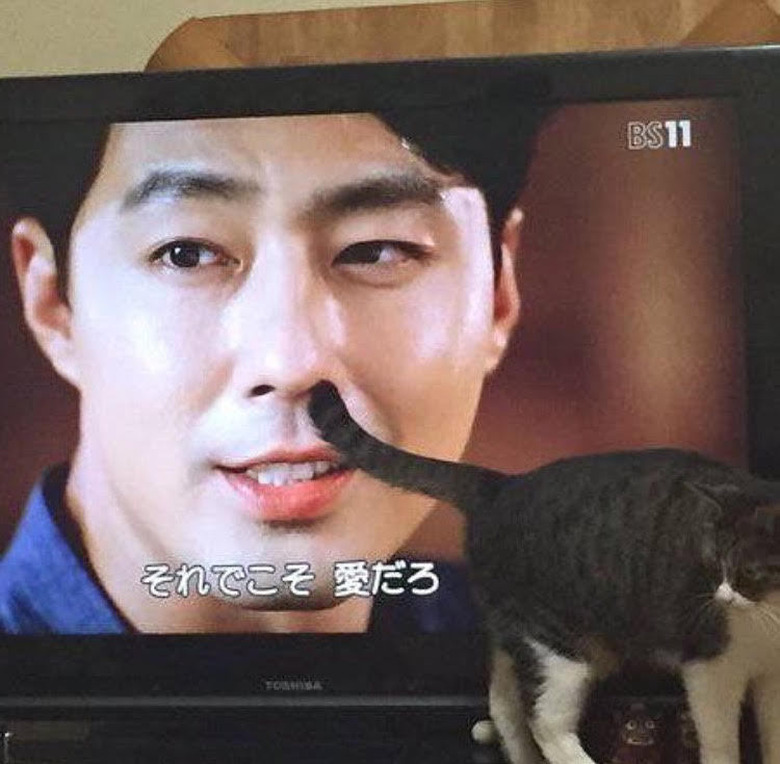 Twitter
Twitter
6. TFW you realize your expensive toupee is actually a cat.
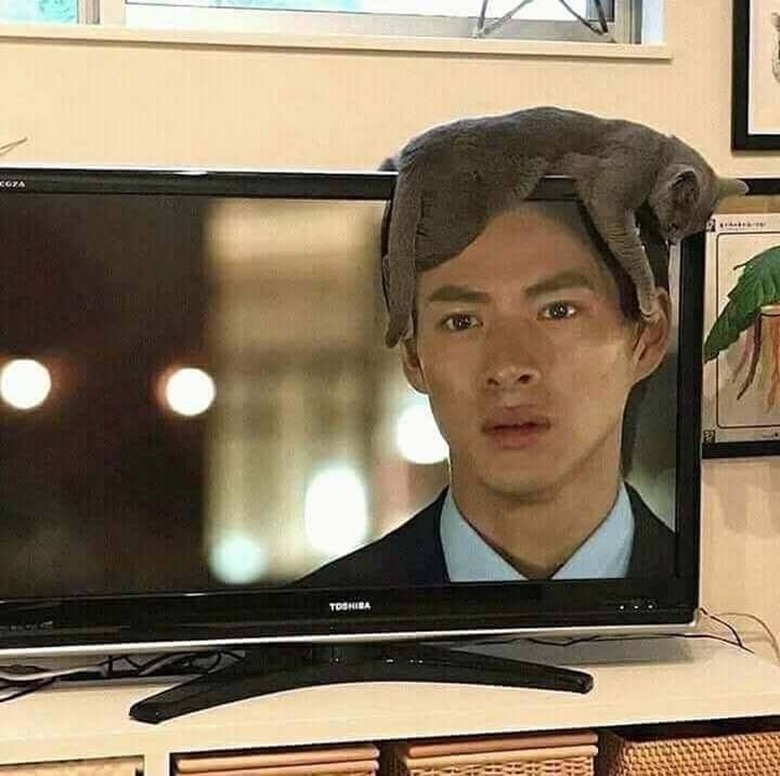 Twitter
Twitter
6. TFW you realize your expensive toupee is actually a cat.
7. 4/10 for performance, 6/10 for technique, 10/10 for fuzzy little kitty paws
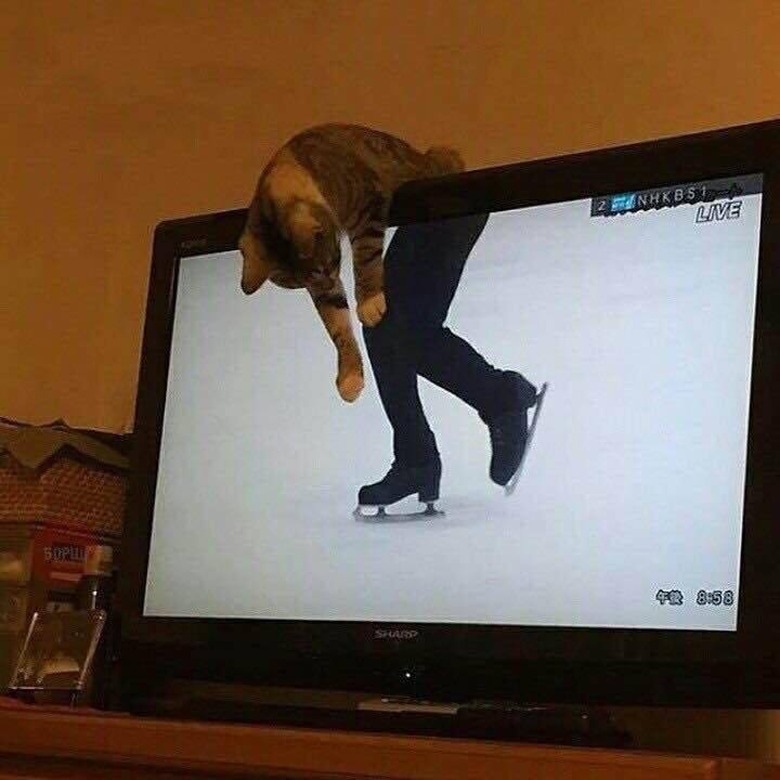 Twitter
Twitter
7. 4/10 for performance, 6/10 for technique, 10/10 for fuzzy little kitty paws
8. Yum.
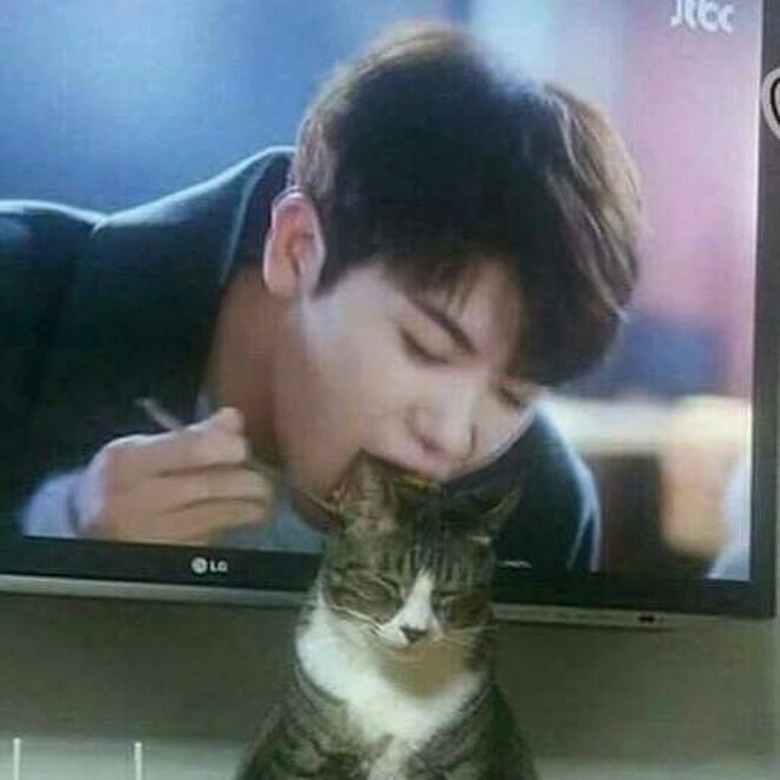 Twitter
Twitter
9. "They'll never find me here."
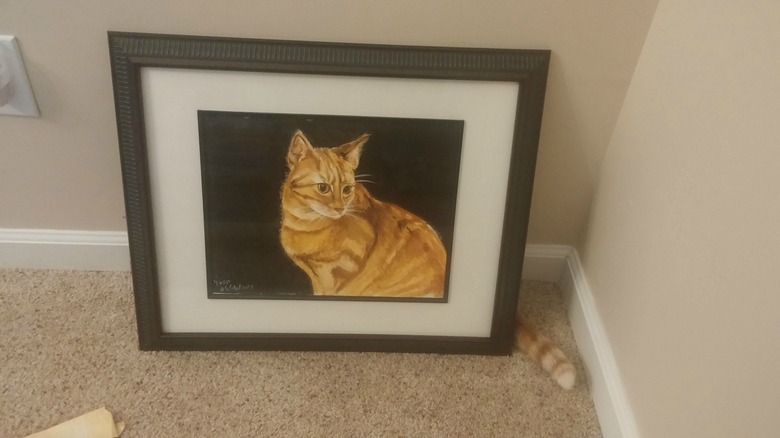 Reddit
Reddit
9. "They'll never find me here."
10. OMG a real life supermodel?
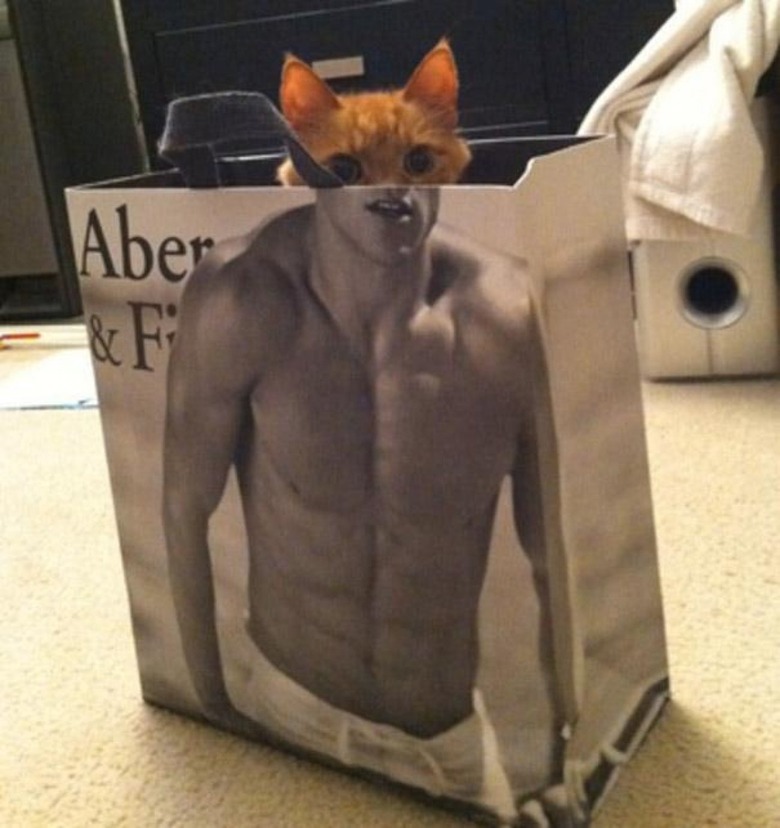 Flickr
Flickr
10. OMG a real life supermodel?
11. This is unsettling.
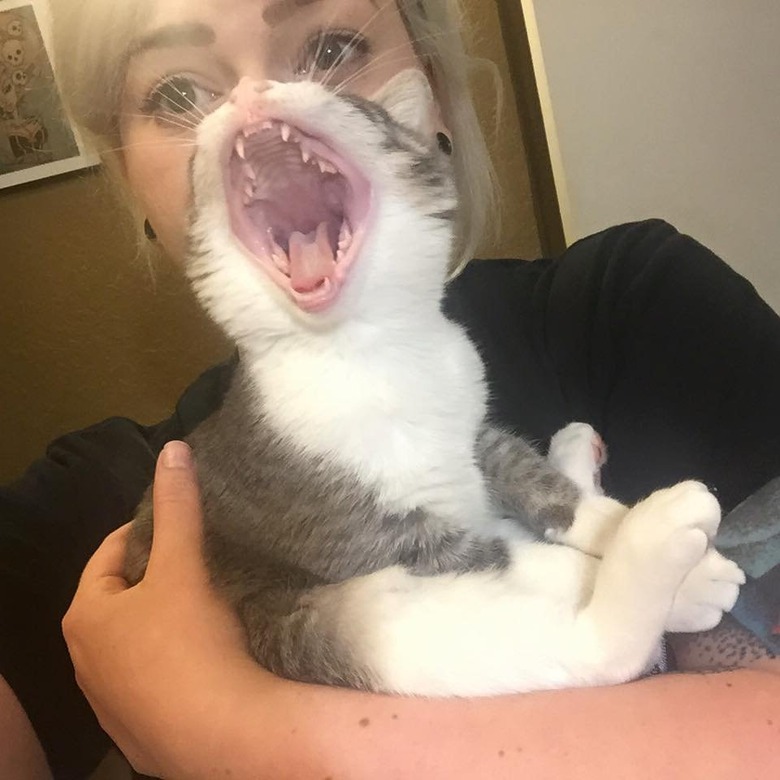 Reddit
Reddit
12. Catapult!
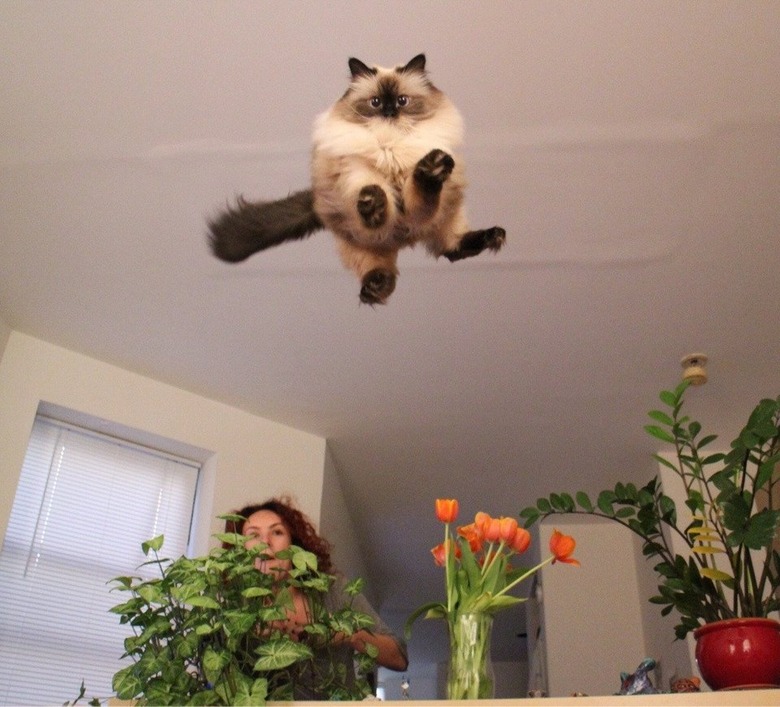 Reddit
Reddit
13. Ready... set...
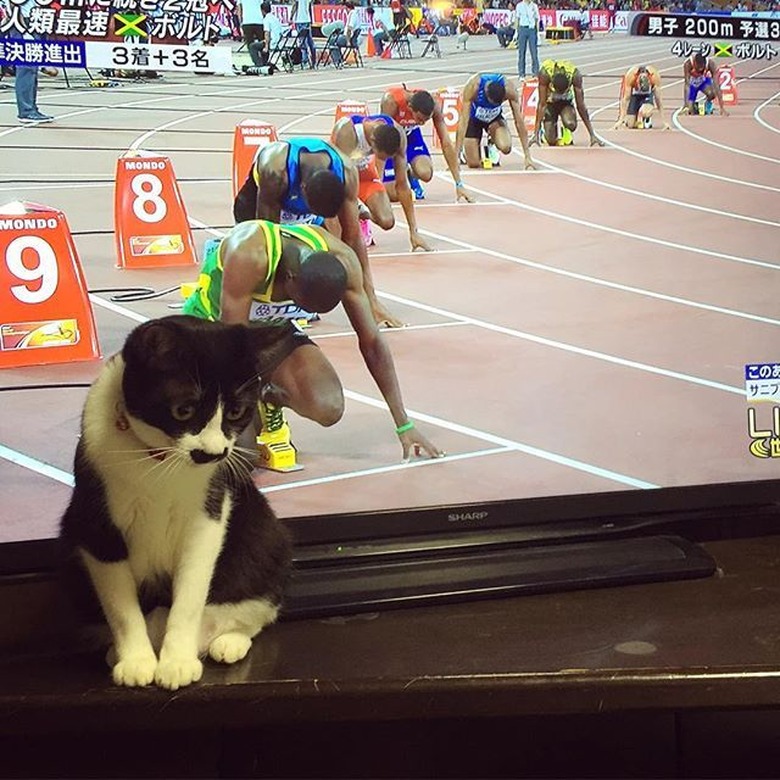 Instagram
Instagram
14. 🎵 faint waltz music 🎵
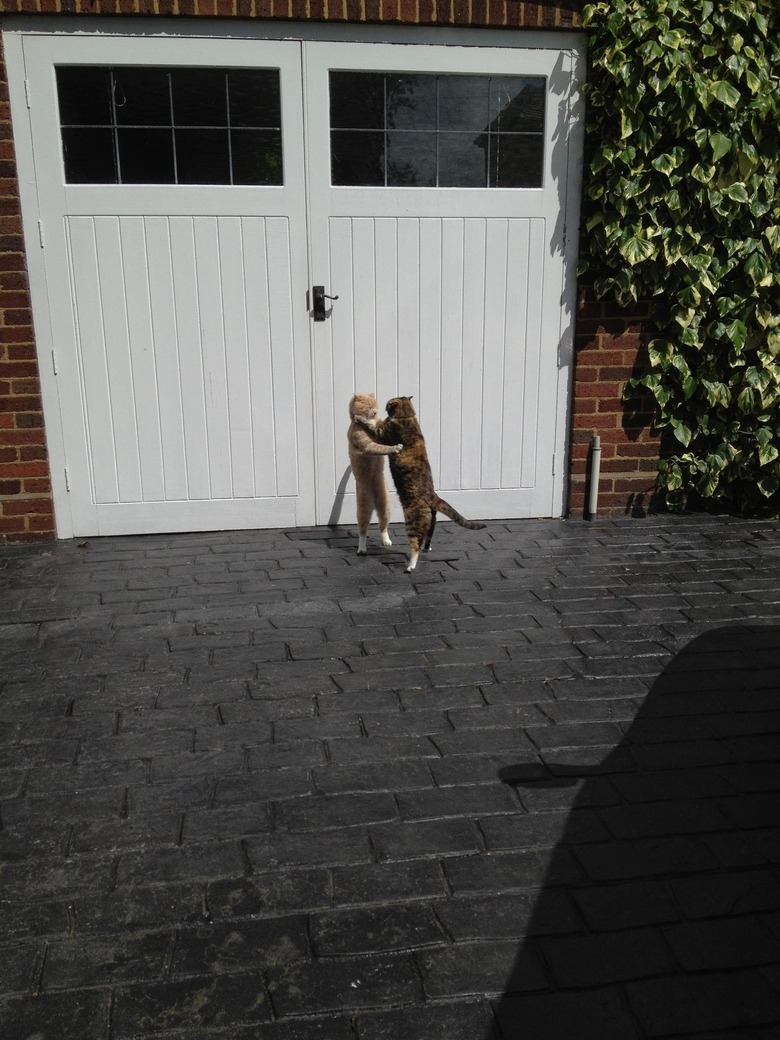 Reddit
Reddit
14. 🎵 faint waltz music 🎵
15. All cat owners make this face at some point, it is inevitable.
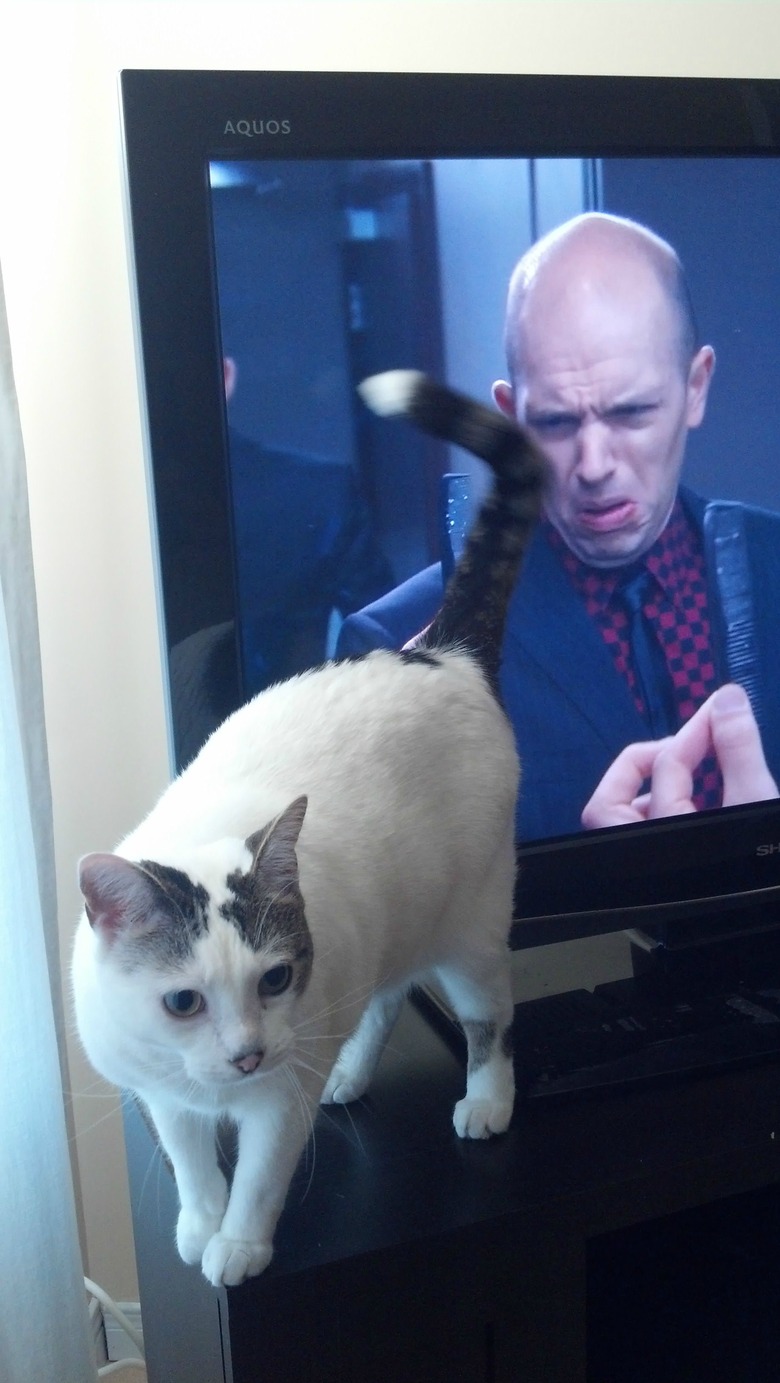 Imgur
Imgur
15. All cat owners make this face at some point, it is inevitable.
16. Meanwhile...
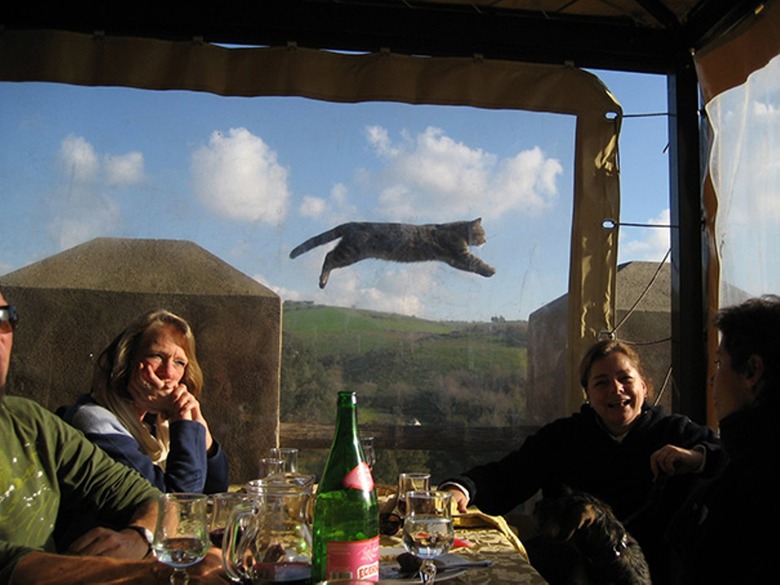 Imgur
Imgur
17. What a catastrophe!
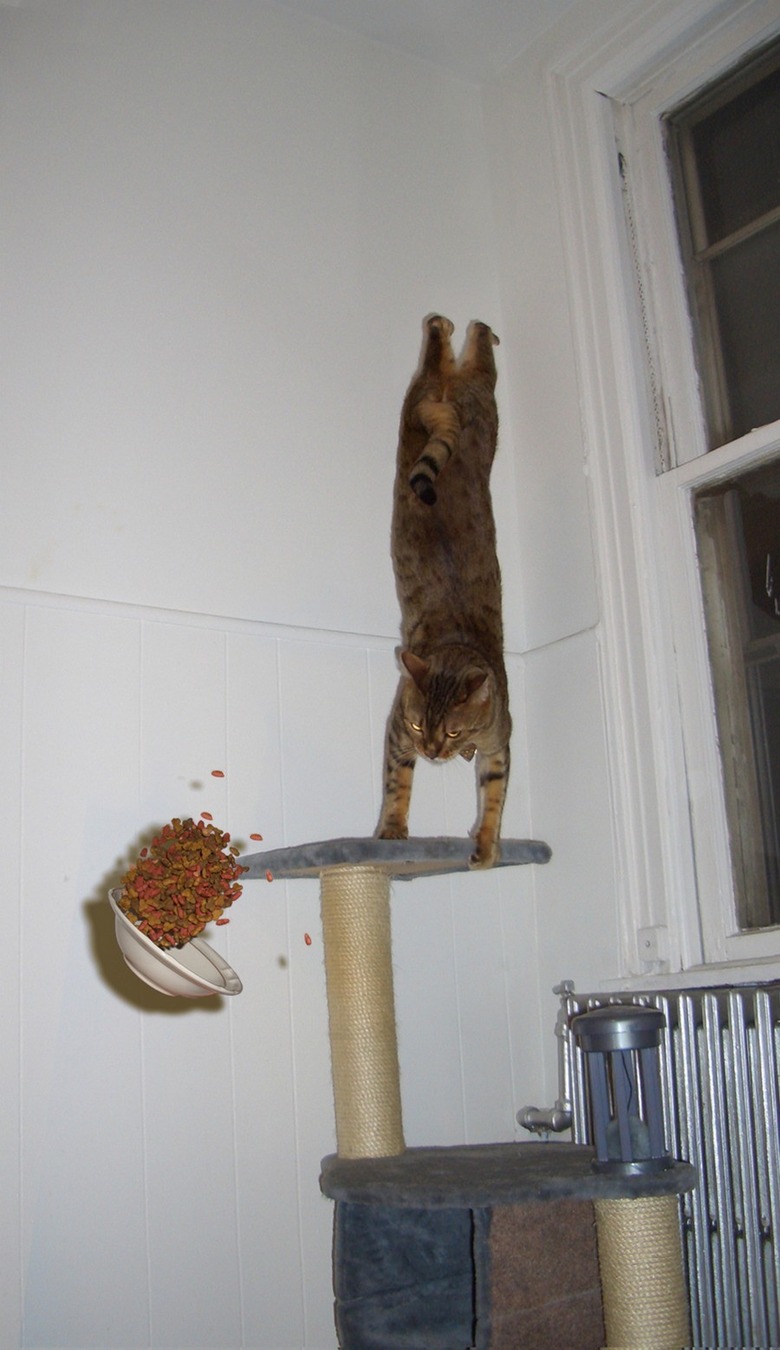 Imgur
Imgur
18. "I must go. My people need me."
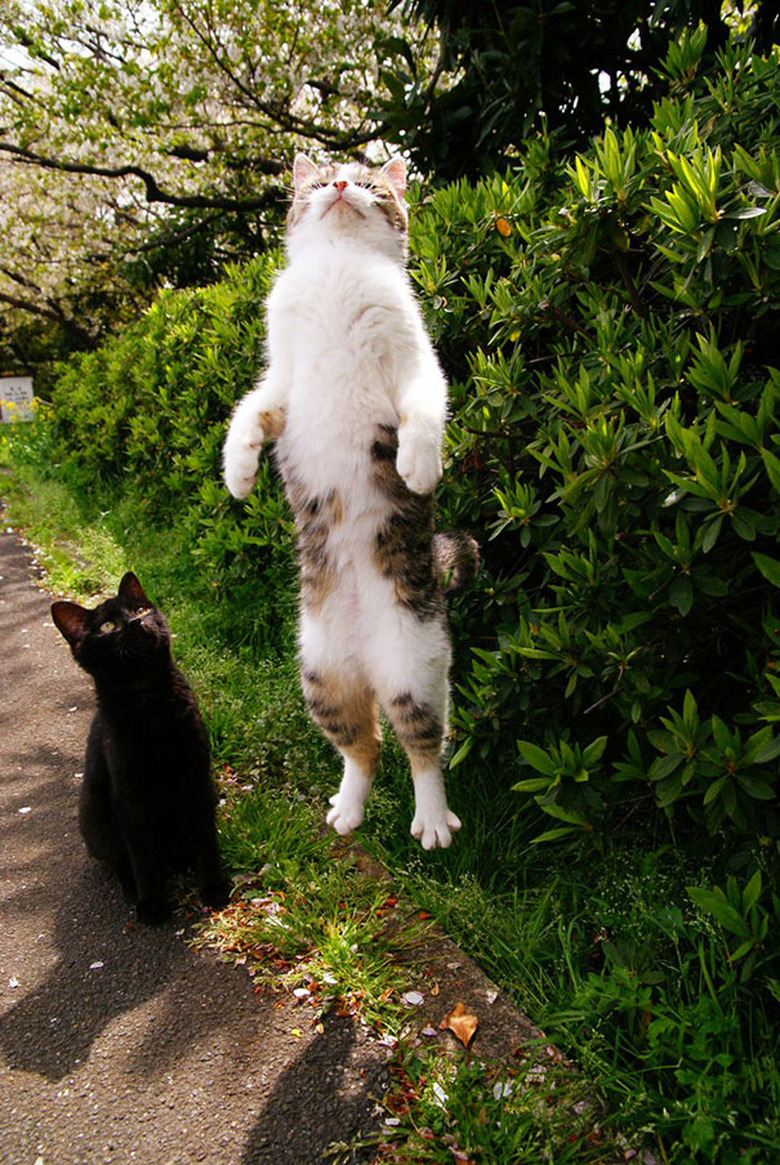 Imgur
Imgur
18. "I must go. My people need me."